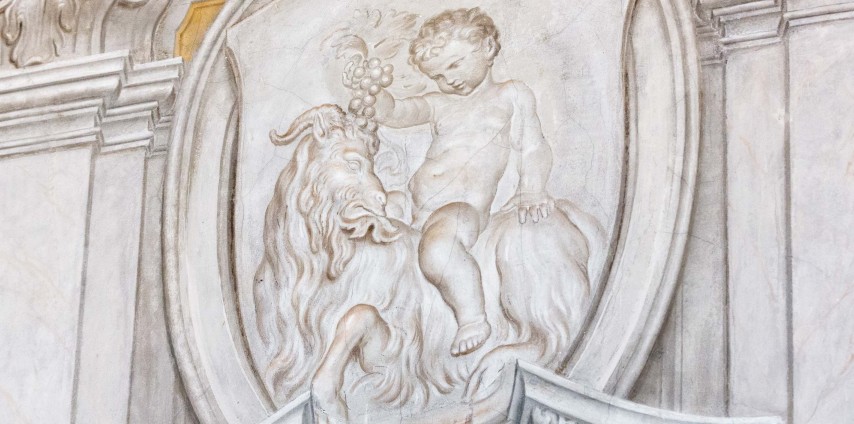
The effect of insolvency of the Reinsured or Reinsurer in the matter of limitation of time
02/10/2014
di Avv. Giandomenico BoglioneThe insolvency of either party to an insurance or reinsurance contract does not suspend the running of the limitation period in respect of claims. However, the limitation period is suspended when claims are entered into the bankruptcy accounts within the term established by the trustee or before the distribution of the bankruptcy assets at the latest.
The trustee is obliged to pay premia even if expired before the declaration of bankruptcy.
In respect of policies concerning third party liability, Art. 1917 Civil Code provides that the insurer can, upon prior notice to the insured, pay the indemnity directly to the damaged third party and must effect such direct payment if the insured so requires.
In case of bankruptcy the insurer shall pay directly the damaged third party only had the insurer been required by the insured to make direct payment before becoming bankrupt. Otherwise the indemnity must be paid to the trustee in bankruptcy.
On the basis of the "par condicio creditorum" principle, where no direct payment occurs, the third party will become a creditor and will receive only a dividend (as per art. 2767 and 2778 Civ. Code) under the final bankruptcy account.
Claims for insurance and reinsurance premiums and indemnity are unsecured and Art. 1931 It. Civil Code provides as a general remedy that in the case of bankruptcy of either the insurance or reinsurance company unpaid premiums and indemnities are mutually set off by operation of law effective from the date of the definitive closing of the accounts.
Moreover Art. 1930 It. Civil Code establishes that if the cedant company goes bankrupt, the reinsurer must pay the full indemnity reckoned for the insurer' account notwithstanding that the reinsured is expected to pay to his insured only a dividend.

